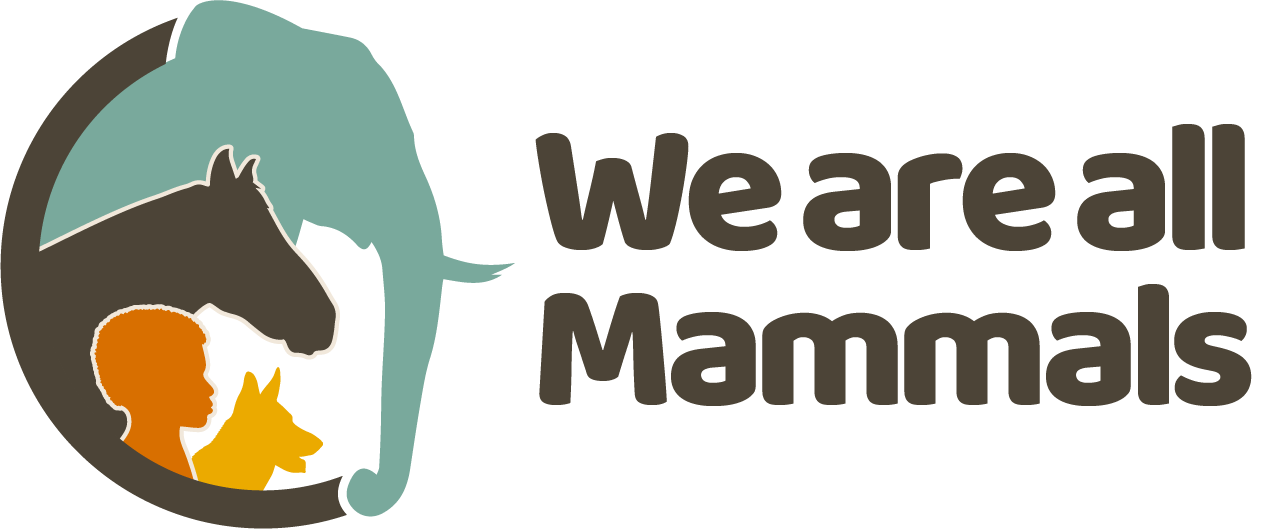Introducing the
trustmark
What?
The WAAM ‘our elephants thrive’ mark is awarded to elephant facilities and tourism operations that have reached a level of compliance with a set of standards. This set of standards has been designed to prove that the facility prioritises the welfare of their elephants, and safety best practices.
Why?
There are many elephant tourism and other facilities that keep elephants in human care. The reasons for the existence of these facilities are varied as is the provenance of the elephants that they care for. The standard of care can also vary, some good some not so good. The expertise that WAAM provides uplifts the welfare and care of these elephants. By doing this WAAM helps facilities that reach compliance to give their visitors confidence. The ‘our elephants thrive’ mark shows that the elephants are well cared for.
How?
The ‘our elephants thrive’ mark is the culmination of 5 years of consultation and standards development through a multi-stakeholder process involving all those who are key to the care of elephants;
1) International Animal Welfare and Behaviour Experts;
2) Local Welfare and Conservation NGOs and Wildlife Veterinarians;
3) Elephant facility Owners, Managers and Elephant Carers.
The result of this process was a set of measurable criteria to assess elephant welfare, clearly defined in the ‘Standards for the management and welfare of elephants in Southern Africa’. Since then an inspection process has been developed and as of December 2022 the first facility received accreditation in Zimbabwe with others following in South Africa.
Where?
This initiative was envisaged by the founding members of WAAM many years ago, but only gained traction in 2017 in Zimbabwe when these members visited from the UK. Due to the pressure being applied to tourism companies with elephants by animal welfare activist groups there was a clear need for some form of action across Southern Africa. Many of the elephants involved in these activities had spent almost the whole of their lives in human care, on which they depended. Release to the wild is not easy for an elephant with such life time experience. The wild areas that would be appropriate for such releases are shrinking across Southern Africa and in some areas some people believe that there are too many elephants due to the high level of Human Elephant Conflict (HEC). Stakeholders joined the initiative from Zimbabwe, Zambia, South Africa and Botswana, as well as input from experts in Kenya, UK, Europe and the USA.

Find out more
The full set of standards is available as a pdf - please donate £10 at https://www.justgiving.com/campaign/elephantwelfare and email jake@weareallmammals.org for a copy to be sent to you by email.
Please also contact us if you wish to know more about the inspection process and why this ensures that elephants lead their best lives possible.
Other links:
For Travel Industry - please contact jake@weareallmammls.org to find out more and if you wish to use this mark to guide your endorsed activities.
For Elephant Facilities - please contact jake@weareallmammls.org if you wish to engage with the WAAM inspection process and find out how you may be able to achieve compliance.



